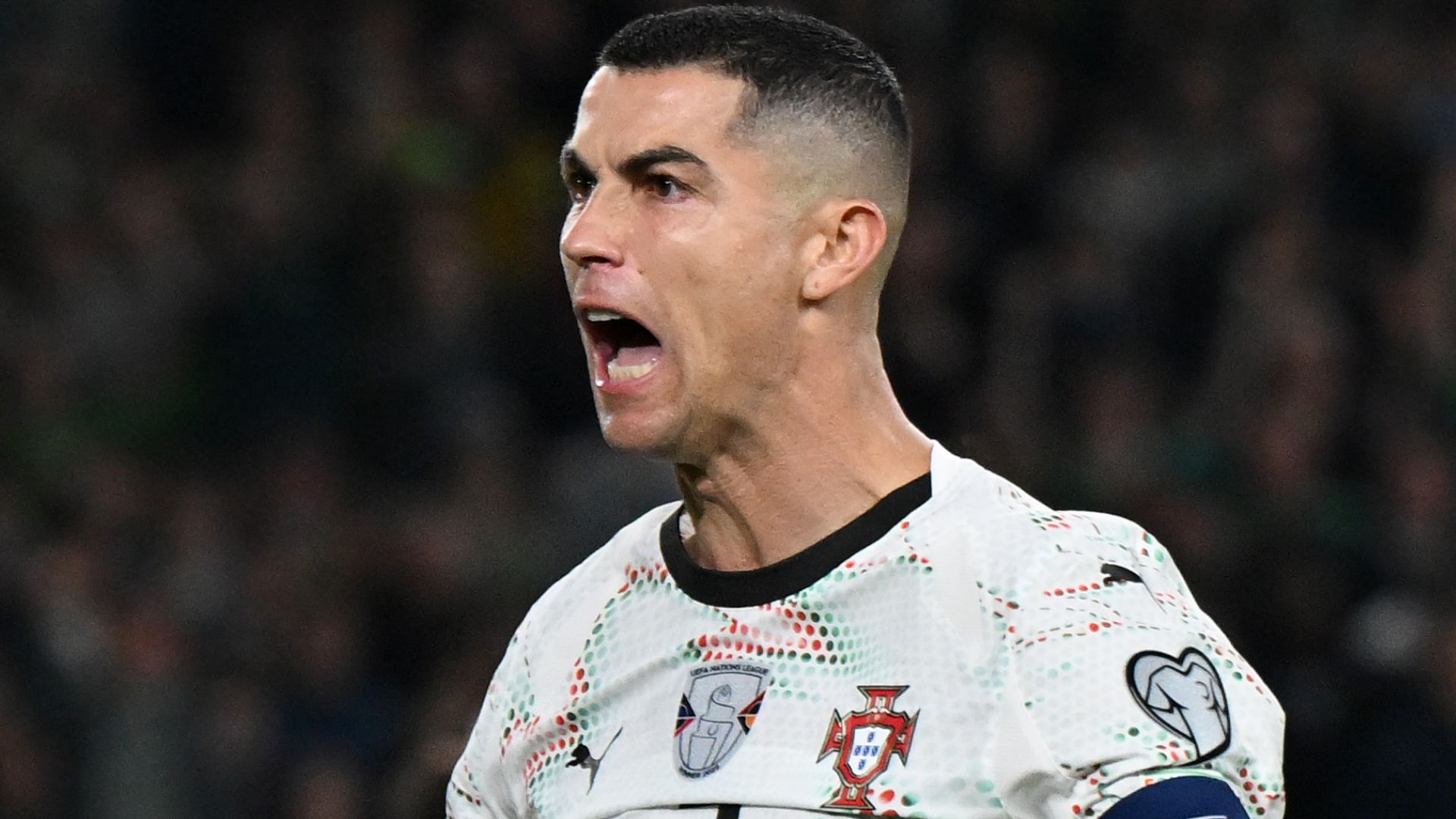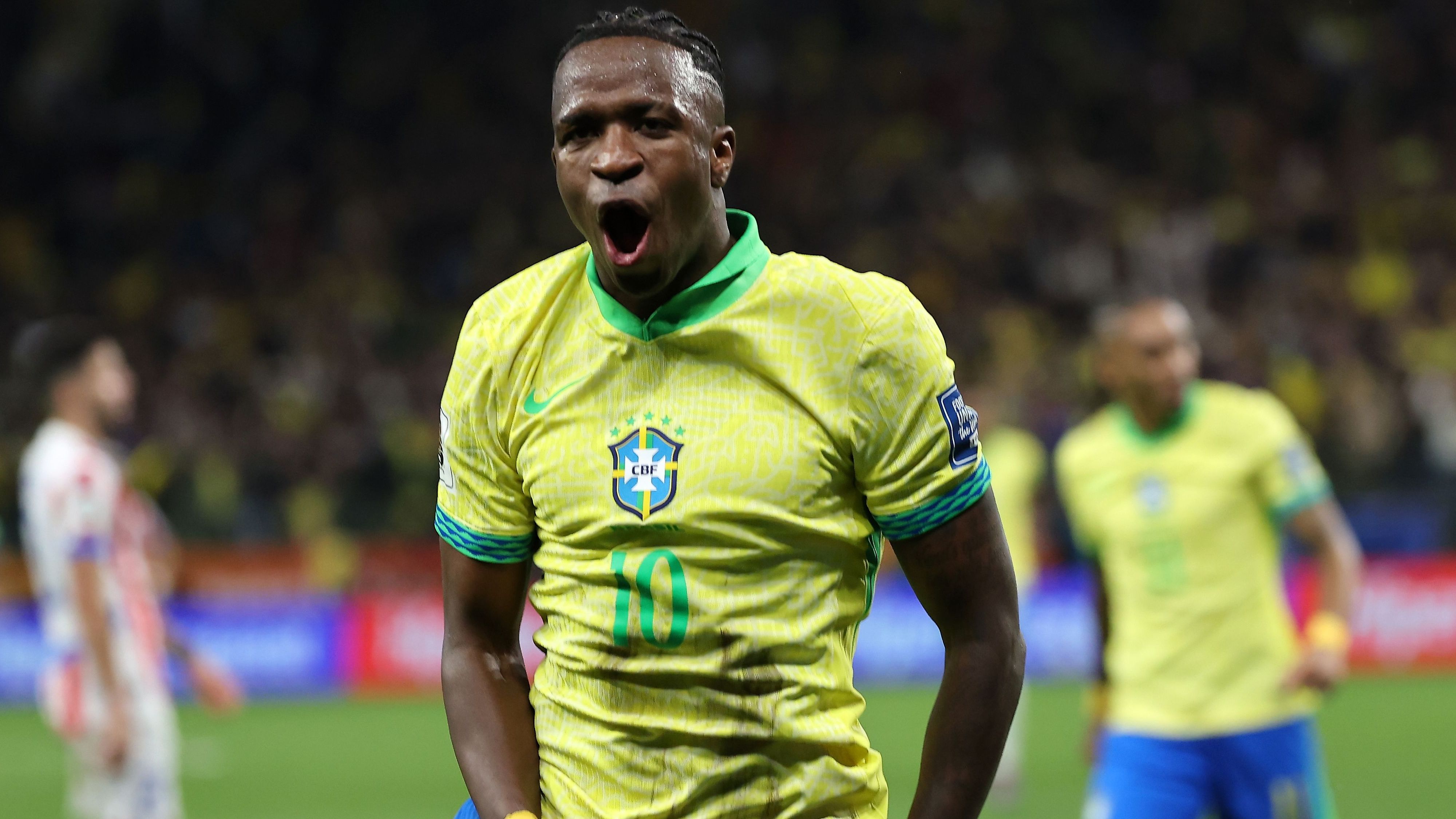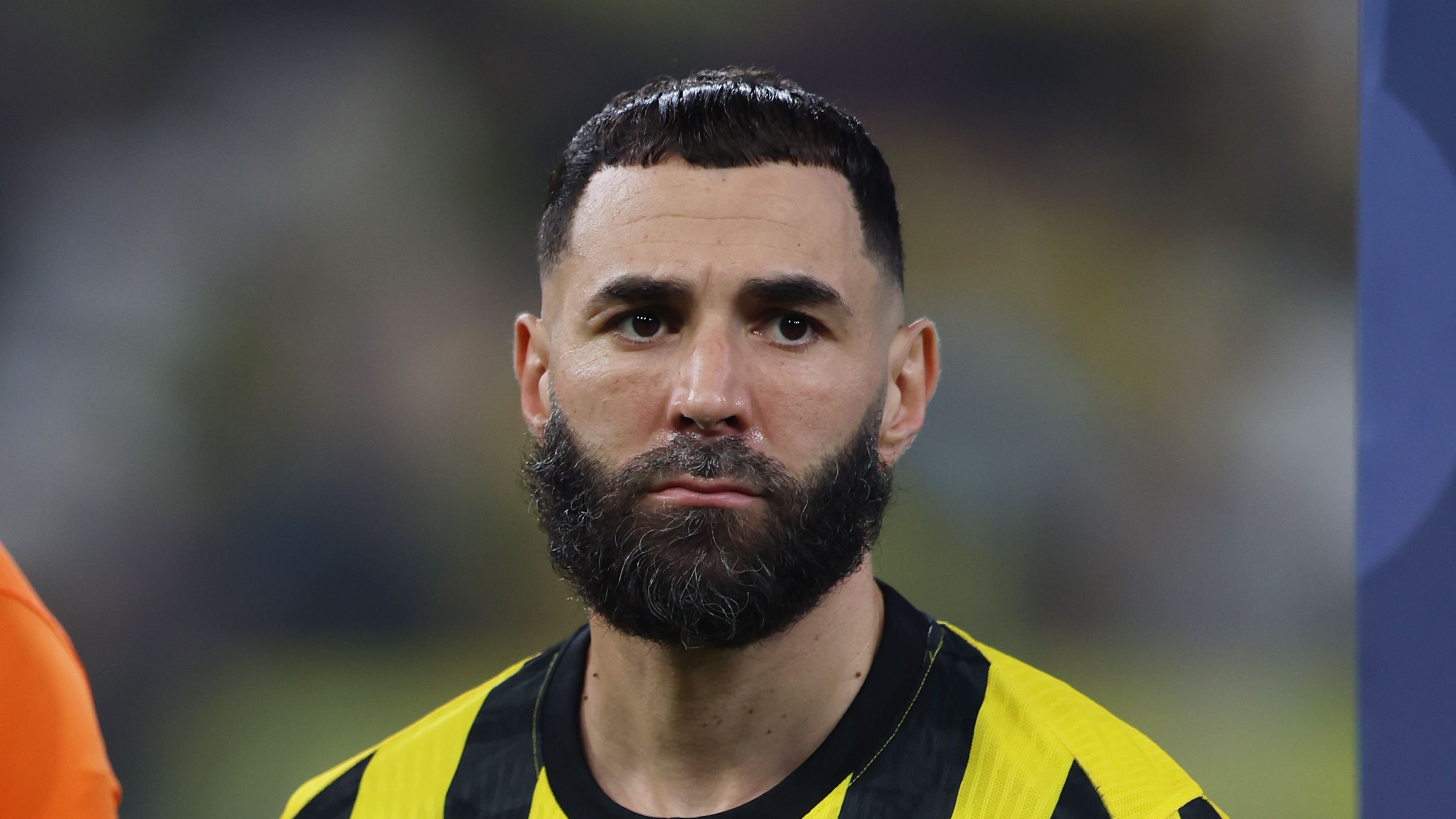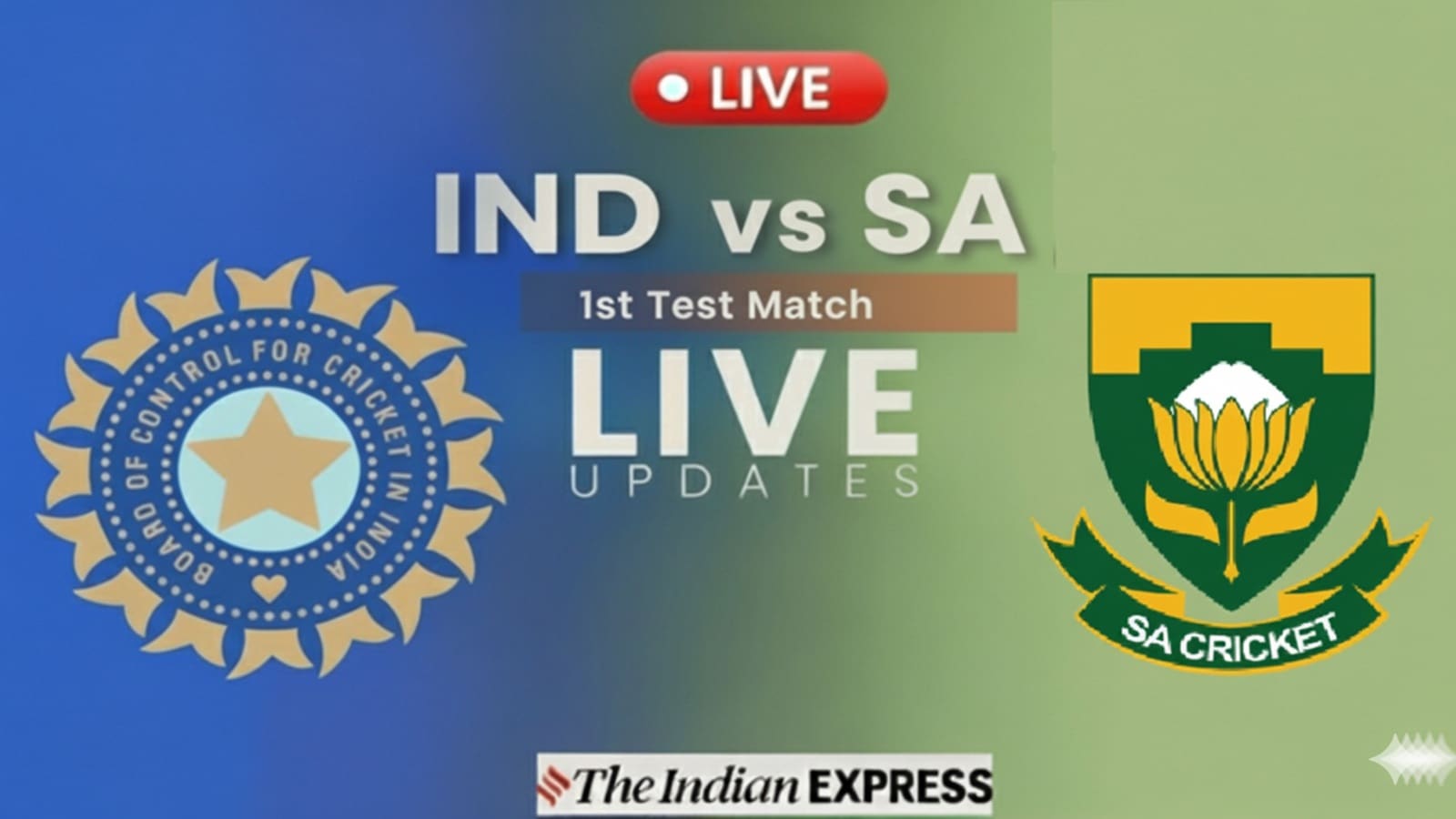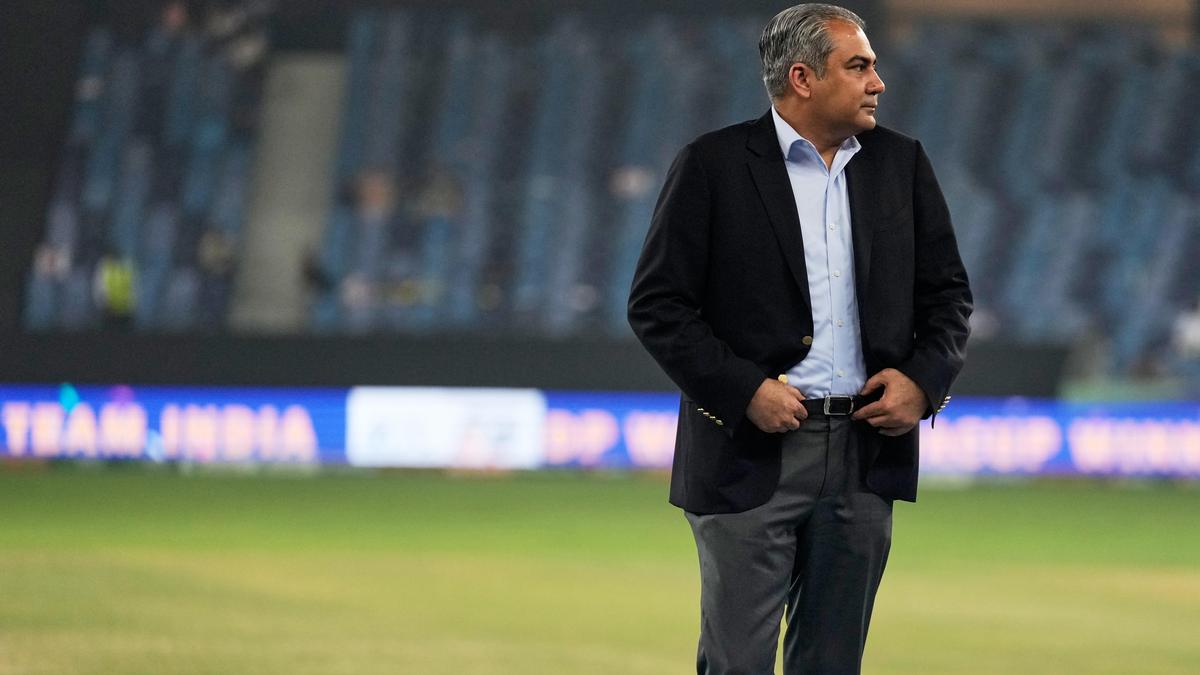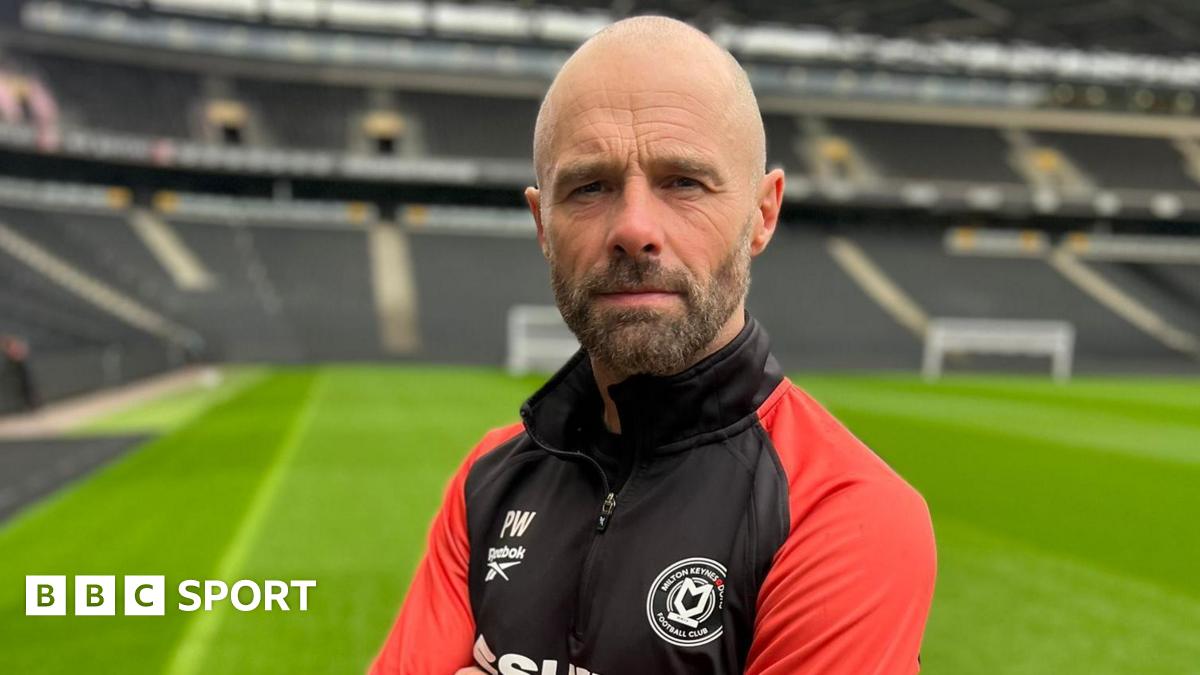Australian athletes head to Tokyo for the Deaflympics
From winning gold on the track to sleep deprivation and juggling childcare, life has changed significantly in the past few years for veteran athlete Melinda Vernon.Sport was the furthest thing from Vernon's mind when her son was born 18 months ago.But this year, Vernon, 40, decided to mount a comeback, qualifying for the Australian team for this year's Deaflympics, which begin this weekend in Tokyo.Vernon had previously won medals in the 5-kilometre and 10-kilometre track events at the 2009 and 2013 Deaflympics.But at this year's competition, she is trying a new event — the marathon — with her son Hugo there to support her."He will definitely lift my strength and spirit when I see him; it's going to be perfect for him to see his mum every lap, have a high five if we're allowed," Vernon told ABC Sport.Keen to do well in the marathon, Vernon's biggest hope is that support for the Deaflympics, training and local competition in Australia will grow."It will help develop the longevity of deaf sports," she said."[I hope it will] inspire more athletes to take up the Deaflympics and just enjoy their sport and compete well."It has not been an easy journey for Vernon, or athletes like her, who are part of the deaf and hard-of-hearing community.They face multiple barriers to participating in sport, including a lack of financial support at both elite and grassroots levels.Lack of support 'disappointing'Australia is sending a team of more than 90 athletes to the Deaflympics, including AJ Bransden, who is part of the Geckos, Australia's deaf women's basketball team.The Deaflympics is an incredibly important sporting event for the deaf community, as it is the only opportunity for many of them to compete at an elite level.There is no category for the athletes at other premier disability sporting events, such as the Paralympics."Deafness isn't seen as a disability enough," Bransden said.Deaf athletes can feel shut out of sport, and while Bransden's own experience accessing sport was not too bad, for many of their friends, their biggest struggle was the language barrier."There's bullying, lack of access, a lack of acceptance to have interpreters there, and a lack of funding for interpreters, so they can't get involved," they said.Bransden says this is illustrated by some coaches and participants not understanding why deaf athletes may need an interpreter, leading to deaf athletes leaving their sport before they even have a chance to climb the ladder to the Deaflympics.Recognised by the International Olympic Committee, the Deaflympics, which began in 1924, is the second-oldest multi-sporting event in the world.Over 4,000 deaf and hard-of-hearing athletes from around the globe will be competing in Tokyo this year, celebrating the hundredth anniversary of the games.They will be competing in 21 sports, including basketball, athletics, football, swimming, shooting, and tennis.Rules generally remain the same as their mainstream equivalents, with only some modifications made, including lights replacing starting guns on the track, and athletes removing hearing aids to ensure an even playing field.Funding, however, is an ongoing issue for deaf sports in Australia, even at an elite level.The Deaflympics team relies on investment from organisations such as Deaf Connect to get to Tokyo.Despite advocating for more support, Vernon said it felt like deaf sports had been locked out of grants and pathways for athletes.Many athletes have had to personally fundraise to afford the cost of getting to the games, including the women's basketball team, who have had to work hard to not only qualify, but pay for their travel and sports kit expenses.The expense of sport can often a deterrent to participation."It's really sad to see and frustrating because there are some extremely talented and skilled athletes out there in the deaf community that just can't getting involved," Bransden said."It's really disappointing."15 years in the makingFor the women's deaf basketball team, which has finally gained selection at the Deaflympics again after a 15-year hiatus, the communication and funding barriers have made it difficult to encourage new players to the sport.Geckos team vice-captain Sally Faerhmann and her teammate, Bransden, said deaf sport would not have a sustainable future in Australia if the barriers were not overcome.They hoped that the Geckos could show why deaf sport needed investment."We've worked really hard the last 12 months, so I think for myself I'm just excited to go over and see what we can do as a team," Faerhmann said.Bransden and Faerhmann were eager to see what the new Geckos could achieve against the top teams in the world.They said the team had become tight-knit, reflecting the sense of community across deaf sports."Having that shared experience of adversity growing up is something that I love feeling amongst us," Faerhmann said."To see each other play overseas will be incredible.""I think as long as we leave our best efforts over there, we'll all be really happy."The Deaflympics runs from November 14 — 25

